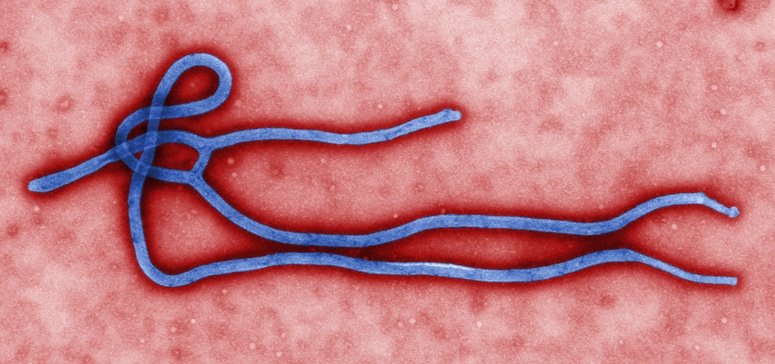Spring is here – and so are spring allergies. If you’re
feeling spring’s allergy effects, you may want to read these tips below to help reduce your symptoms:
 |
| Palm Trees in Malibu. Photo by Carole Jakucs, May 2015. Image subject to copyright. |
- Wash your hair often to remove pollens
- Wash your bedding (including pillow cases) in hot water once per week to reduce the dust mite population and remove pollens too (think of your pollen laden hair on your pillow case).
- Stay indoors when the pollen counts are high.
- Keep your windows closed when the pollen counts are high.
- Get HEPA filters for your home to reduce the amounts of pollens, mold and dust in the air.
- Run the air in your car for a few minutes with the windows open. This will help reduce the amount of airborne irritants inside your car from the vents and send them to the outside.
- Try nasal saline sprays to help remove mucus and irritants from your nose. The saline also helps to reduce swelling inside the nasal passages.
- Use over the counter (OTC) medications as needed to treat your symptoms. Follow all package directions. Antihistamines help with the symptoms of sneezing, runny nose and itching. Decongestants help lessen the swelling of a stuffy nose. Mucolytics help to loosen and thin out mucus in the nasal, sinus and chest areas.
- Drink plenty of water to stay hydrated and help keep your mucous membranes moist and fluids moving.
- Consult with your physician/healthcare provider for any persisting or worsening of symptoms.





